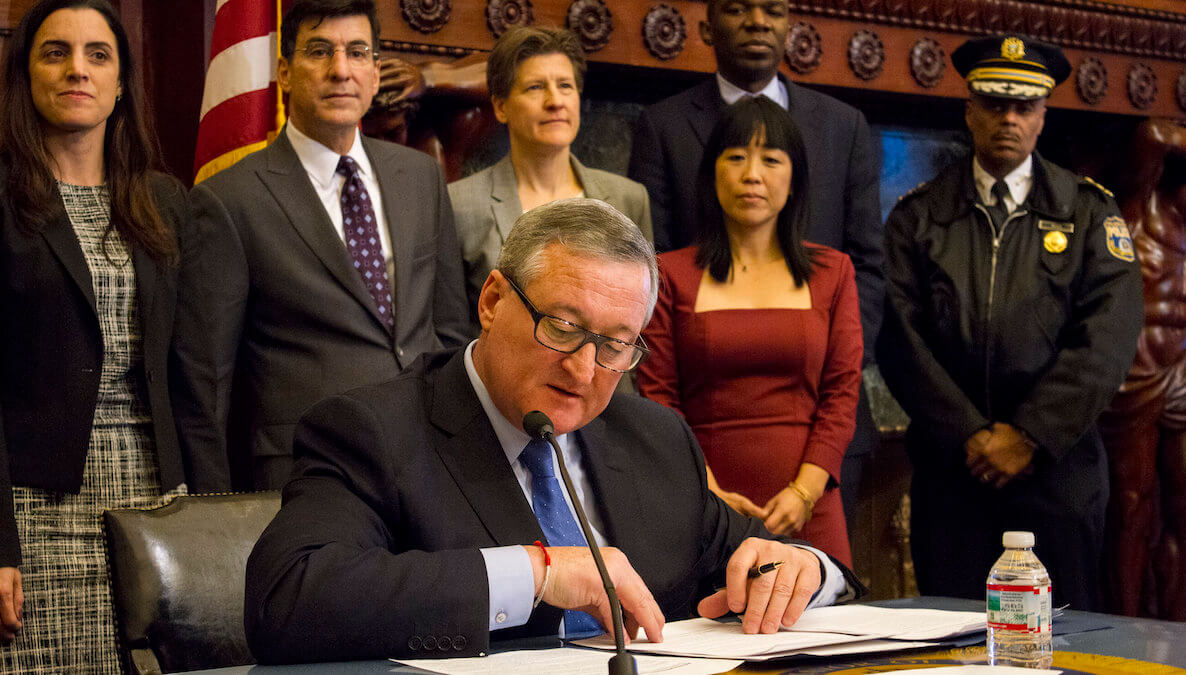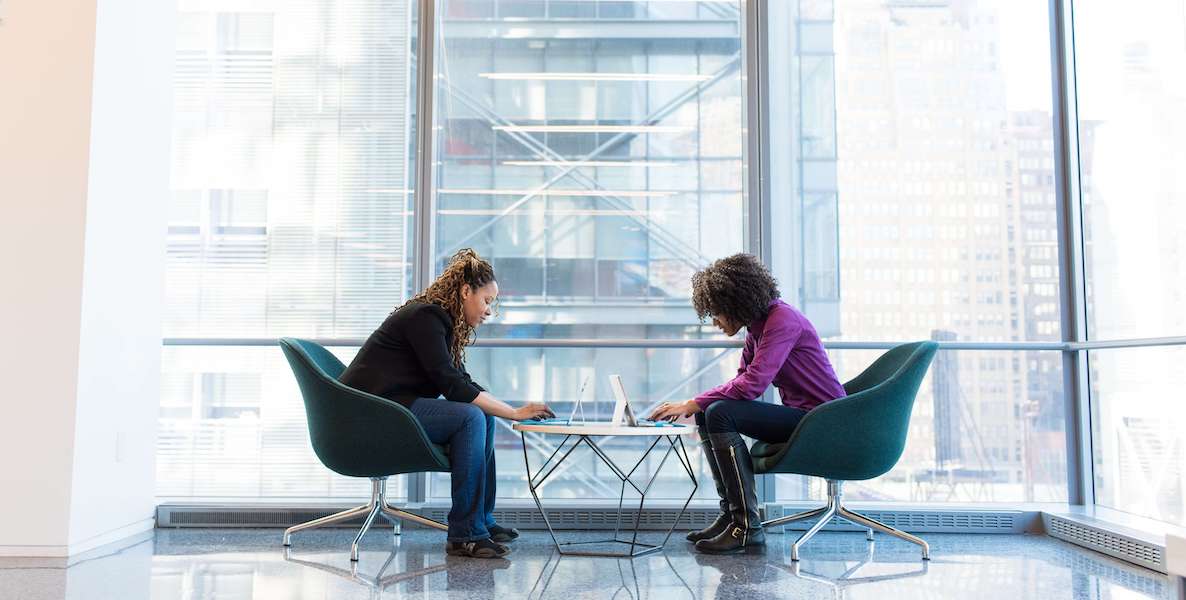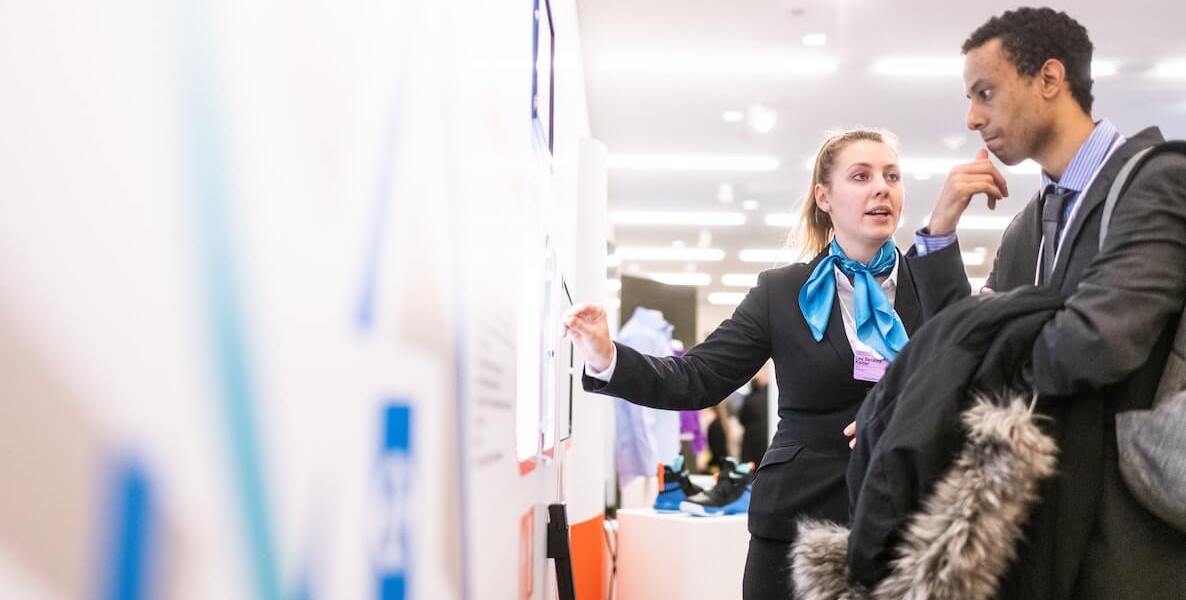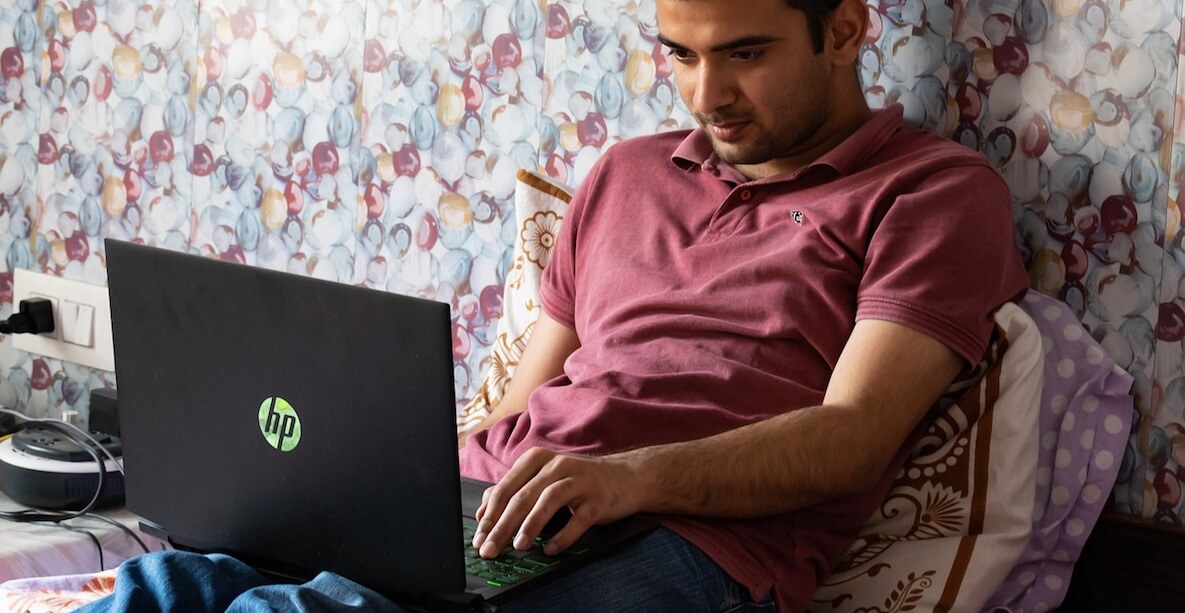Even before the pandemic, technology was changing how we live and work—but now it is accelerating at an unforeseen pace. The region’s quality of life in coming decades depends on collaborative actions taken now. Without agile responses to technological change, we will see growing poverty, greater racial inequity, increased social unrest, and increased unrealized human potential.
Of the countless disruptions caused by the pandemic, one likely to stick in some way is more flexible work arrangements. The lasting effects will vary widely in companies, industries and metro areas. Many leaders in early adopter industries were quick to announce a “work from anywhere” policy for the foreseeable future. Other leaders publicly doubted their firms would permanently adopt more flexible arrangements. Amazon announced a return to the offices as soon as Covid-19 would safely allow. Many companies tried remote work in the past, only to walk it back after productivity and culture suffered.
There is no one-size-fits-all solution
The private sector will make and change decisions about remote work with their bottom line in mind, not just employee preference. Here are some factors all employers, including the City of Philadelphia, should be continually considering:
Productivity
Microsoft published strong evidence that employees work more when working remote. Many work to exhaustion in flexible arrangements with no commute. But will these productivity trends last as the pandemic ends? Work-from-home professionals had no entertainment options during lockdowns.
The jury is still out on the productivity gains associated with work from home. As for the City as an employer, how do various departments even measure productivity? The Department of Performance Management was eliminated last year. How will anyone know the effects on productivity before and after remote work arrangements?
Equity
If properly managed, flexible work arrangements cut to the bottom line about who is performing well and who is not. When remote work performance is managed well and measured transparently, both favoritism and discrimination are harder to hide.
Flexible work arrangements can offer more opportunity for parents and people of color to escape racial and gender biases. Yet, flexible work by itself will not create a more equitable workplace if the existing culture is stuck in the “who you know” or “ good ol’ boys” past. Without skilled management trained for the remote setting, work from home can be easily abused and drive greater inequity.
Talent Attraction
Inside of various industries, some companies are more desirable than others. Inside of companies, some occupations are in higher demand than others. Flexible work arrangements are a tool in the talent attraction tool box.
A smart company may offer flexible work arrangements to software developers but not administrative assistants. The City of Philadelphia needs talented people. Does the City of Philadelphia have an enterprise-wide talent strategy? This is a necessity for every modern enterprise, and especially now during this era of rapid change.
Remote work during the pandemic was a crisis response. Remote work as we exit the pandemic should not be implemented in a top-down, one-size-fits-all fashion.
Remote work during the pandemic was a crisis response. Remote work as we exit the pandemic should not be implemented in a top-down, one-size-fits-all fashion. Employers need to survey workers, managers and, in this town, union leaders to assess and reassess the impact of flexible work arrangements.
In the City of Philadelphia, every department should be assessing the impact of flexible work arrangements on productivity, worker well-being, service to citizens, talent attraction, talent retention, the bottom line, and equity. How are departments collecting, using or managing the right data to do this? If at all?
Other questions, in addition to the questions of management above: What is the City of Philadelphia’s responsibility, as a major employer, to SEPTA, Center City and other commercial corridors?
Shape the future with employees instead of reacting
More people in Center City mitigates the harsh economic blow sustained by tens of thousands of retail and food service workers. More than 5,000 city employees worked in and around City Hall. Many livelihoods were negatively affected by the absence of city workers. What is the City’s role as a major employer to try and address this?
The City of Philadelphia needs to consider remote work as just one part of a modern talent strategy, which is a necessity for the future of work. We should shape the future with employees instead of reacting. Flexible work arrangements are just one aspect of a coherent and agile talent strategy built with tight data loops to show what is driving us forward and what is holding us back.
MORE ON THE FUTURE OF WORK IN PHILLY
If we want a more inclusive economy, let’s up-skill hundreds of entry-level city employees annually. As technology reduces the need for some roles, people can be trained to fill high-demand roles.
In a hybrid work setting, tech tools might reduce the need for administrative assistants. However, administrative assistants have great transferable skills to project management, an in-demand role regionally.
Employers with strong attraction, hiring, retention and promotion strategies generally have a better culture. The resulting positive morale delivers better customer service to residents.
 Externally, the city of Philadelphia also has an opportunity to leverage our unique culture and pedestrian life to attract “work from anywhere” talent who may be tired of New York City and Washington, D.C., rents and home prices. On the flip side, our top talent is now fair game to every company willing to allow “work from anywhere” arrangements.
Externally, the city of Philadelphia also has an opportunity to leverage our unique culture and pedestrian life to attract “work from anywhere” talent who may be tired of New York City and Washington, D.C., rents and home prices. On the flip side, our top talent is now fair game to every company willing to allow “work from anywhere” arrangements.
Needless to say, our talent pool matters. This is why the Future Works Alliance PHL is working to ensure as many people have as much opportunity in future-ready career paths as possible. If you want to read our story or join the work, you can do so here. It is open to all.
The perpetual uncertainty of the pandemic year is good practice for leaders everywhere. The next decade will witness exponentially faster changes in how we live and work. Leaders—and cities—will master constant change, or not. Those that do will thrive. However, no leader nor enterprise can continually improve without humbly consulting their talent. At the end of the day, it is people who execute on the vision.
The Citizen is one of 20 news organizations producing Broke in Philly, a collaborative reporting project on solutions to poverty and the city’s push towards economic justice. Follow the project on Twitter @BrokeInPhilly.
Anne Gemmell is founder of Future Works Alliance PHL, a non-profit created so citizens and leaders can align efforts, share knowledge, collaborate and design viable solutions for a stronger talent pool and greater economic opportunity for all. A longtime policy strategist, she also worked with the Kenney administration on the equitable design, advocacy and successful funding of the PHL PreK program.
Image by Rajesh Balouria from Pixabay










